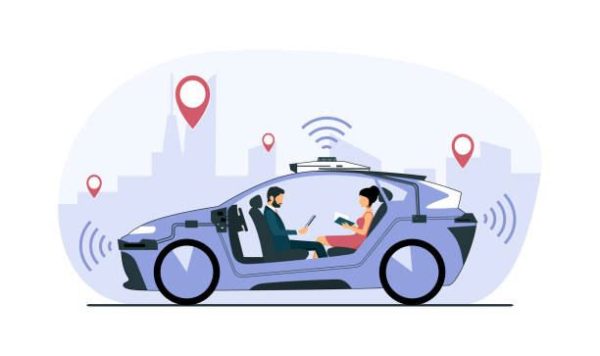Fast-Tracking Autonomous Vehicles
The Motorcycle Riders Foundation (MRF) has growing concerns over recent actions by the National Highway Traffic Safety Administration (NHTSA) to expedite the approval process for autonomous vehicles (AVs), particularly those lacking basic human driving controls such as steering wheels and brake pedals. In a recent letter, NHTSA announced it will “streamline” the exemption process requiring […]
Fast-Tracking Autonomous Vehicles Read More »

